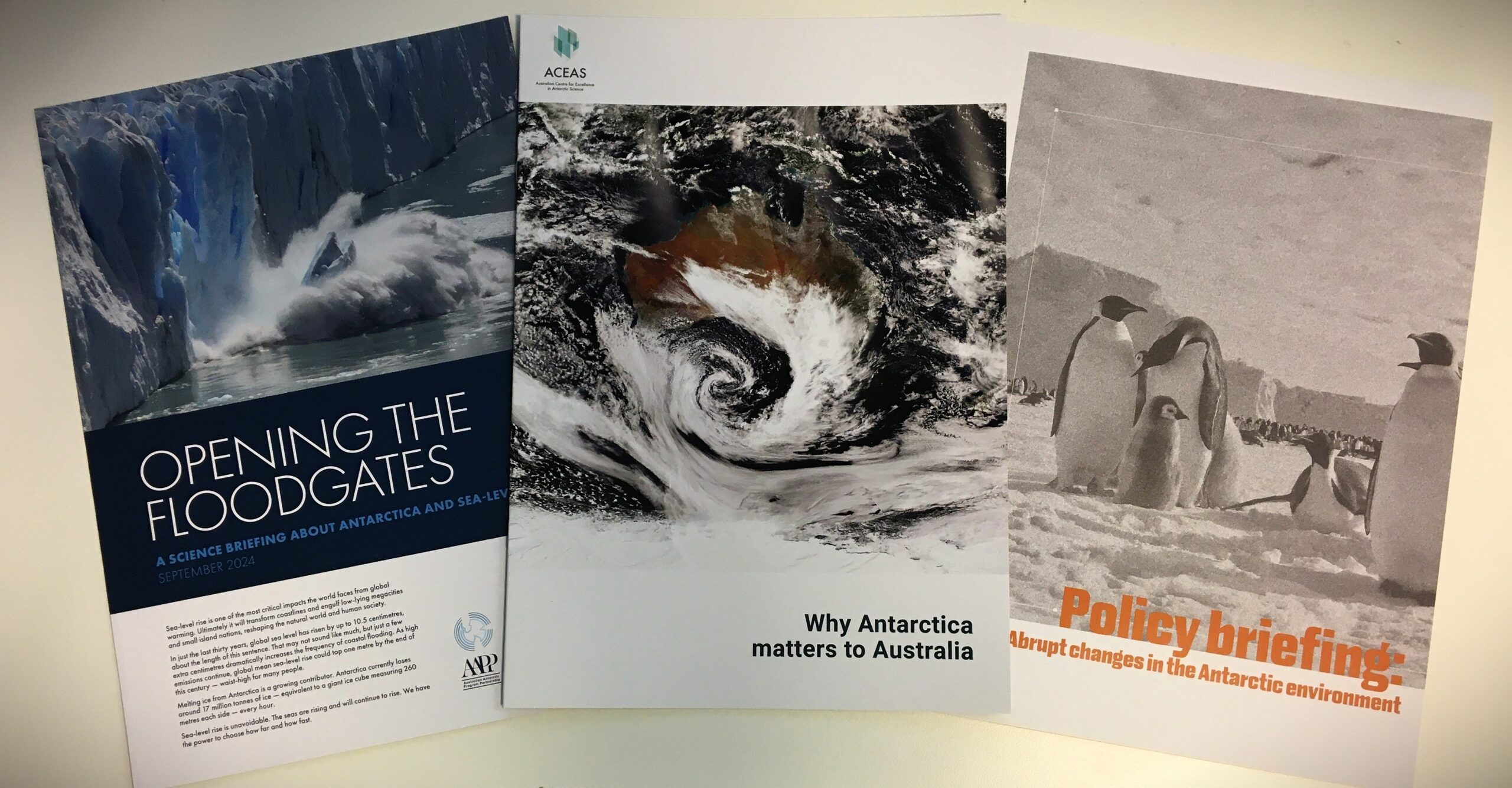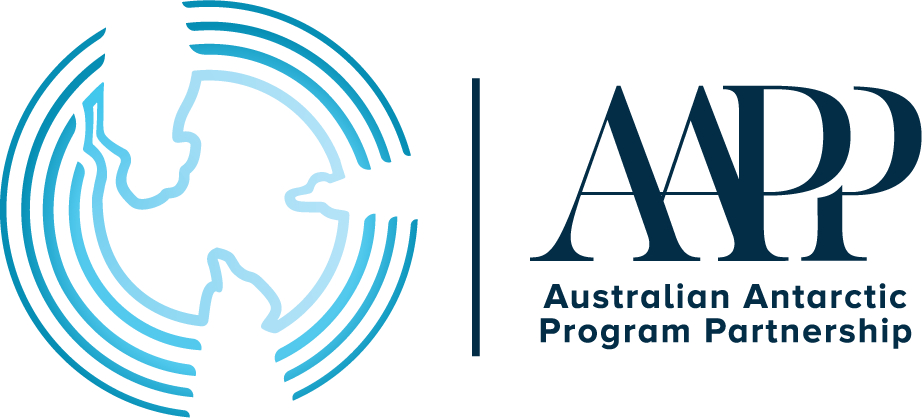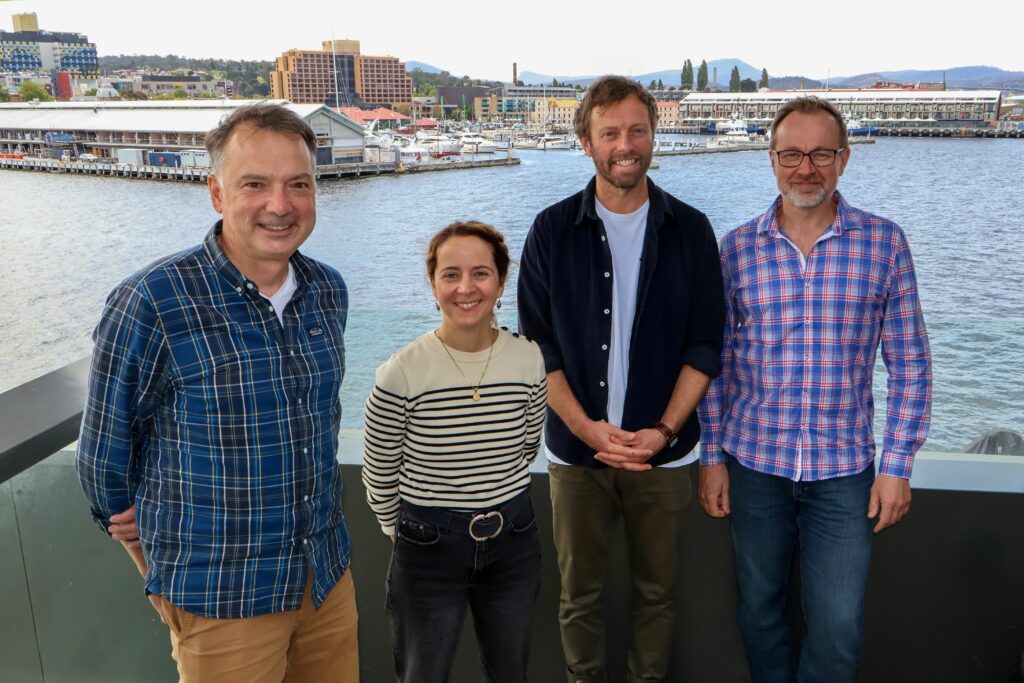Antarctic research shared with Australian politicians and policymakers
29 September 2025
Two major university research organisations have written to Australian politicians and policymakers about their scientific insights to the global impacts of climate-related change in Antarctica.
The Australian Antarctic Program Partnership (AAPP) and the ARC Australian Centre for Excellence in Antarctic Science (ACEAS) are based at the University of Tasmania in Hobart.
The organisations have published a series of briefing papers and mailed them directly to more than 450 local, state and federal politicians, government agencies and community organisations with an offer for personal briefings.
The topics of the briefing papers are:
- why Antarctica matters to Australia
- abrupt changes in the Antarctic environment, and
- the implications of Antarctic ice loss for global sea-level rise.

AAPP leader Professor Delphine Lannuzel said it is vital to keep Antarctica and the Southern Ocean in the forefront when making decisions about climate policy.
“Often regarded as the ‘bottom of the world’, our research demonstrates that Antarctica and the Southern Ocean are in fact central to the Earth’s climate system, while at the same time acutely vulnerable to global heating”, she said.
ACEAS Director Professor Matt King said recent research had uncovered abrupt changes in the ocean, ice and ecosystems of Antarctica that could impact Australia and our regional neighbours.
“Our briefing information details the loss of sea ice, potential instability of the ice sheet, the slowdown of ocean currents, and impacts on ice-dependent species: mounting evidence that Antarctica’s vital signs are showing signs of degradation”, he said.
By bridging world-leading science with key insights for policy makers, the briefings support both organisations’ objective of better preparing communities for the climate risks arising from Antarctica and the Southern Ocean.
DOWNLOAD THE POLICY BRIEFINGS:
Why Antarctica matters to Australia
Abrupt changes in the Antarctic environment
Opening the Floodgates: Antarctica and sea-level rise



